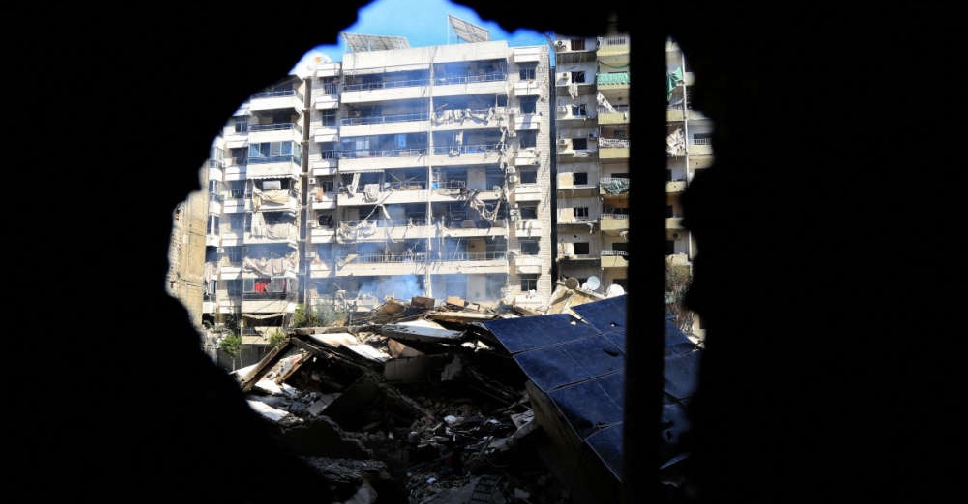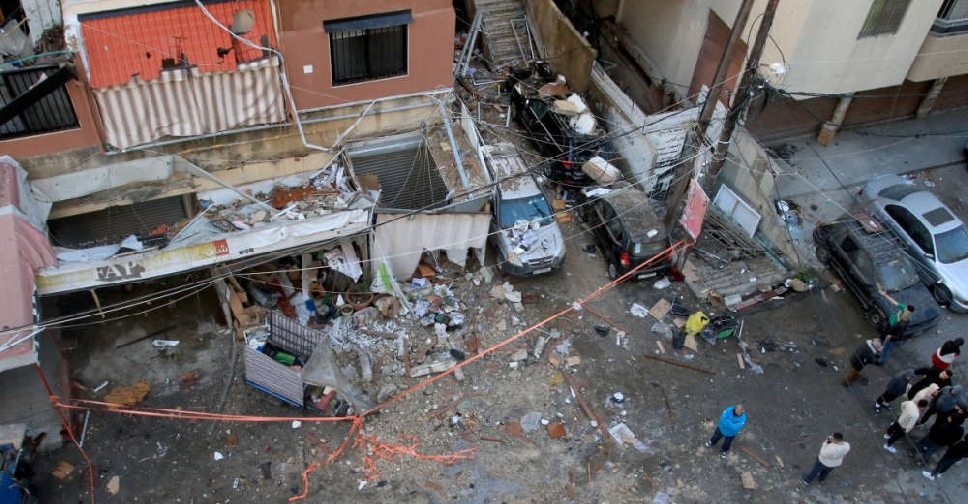
Israel said on Wednesday eight of its soldiers were killed in combat in south Lebanon as its forces thrust into its northern neighbour in a campaign against the Hezbollah armed group.
The losses were the deadliest suffered by the Israeli military on the Lebanon front in the past year of border-area clashes.
Hezbollah said it had destroyed three Israeli Merkava tanks with rockets near the border town of Maroun El Ras.
The Israeli military added that regular infantry and armoured units were joining its ground operations in Lebanon, a day after Iran fired more than 180 missiles into Israel.
Iran said on Wednesday its missile volley was over barring further provocation, but Israel and the United States promised to hit back hard.
A 38-year-old Palestinian from Gaza, the only known fatality in Iran's attack on Israel, was buried on Wednesday.
Sameh Khadr Hassan Al-Asali had been staying in a Palestinian security forces compound in the West Bank when he was killed by falling missile debris during Tuesday's attack, which Israel said was largely foiled by its air defence systems.
Hezbollah said it had repelled Israeli forces near several border towns and also fired rockets at military posts inside Israel.
The group's media chief Mohammad Afif said those battles were only "the first round" and that Hezbollah had enough fighters, weapons and ammunition to push back Israel.
Israel's addition of infantry and armoured troops from the 36th Division, including the Golani Brigade, the 188th Armoured Brigade and 6th Infantry Brigade, suggested that the operation might expand beyond limited commando raids.
The military has said its incursion is largely aimed at destroying tunnels and other infrastructure on the border and there were no plans for a wider operation targeting the Lebanese capital Beirut to the north or major cities in the south.
Nevertheless, it issued new evacuation orders for around two dozen towns along the southern border, instructing inhabitants to head north of the Awali River, which flows east to west some 60 km north of the Israeli frontier.



 Trump fires National Security Agency director
Trump fires National Security Agency director
 Israel steps up Syria strikes, says Turkey aims for 'protectorate'
Israel steps up Syria strikes, says Turkey aims for 'protectorate'
 US sending Israel 20,000 assault rifles that Biden delayed
US sending Israel 20,000 assault rifles that Biden delayed
 Israel says it killed a Hamas commander in Lebanon
Israel says it killed a Hamas commander in Lebanon



